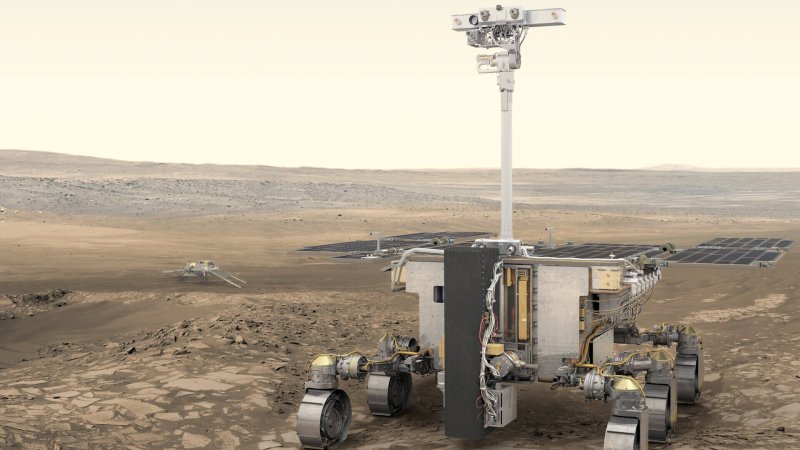In a new paper published in the journal Astrobiology, Jacob Heinz, my colleague at the Technical University of Berlin, and I discuss one of the more important findings of the Curiosity rover on Mars. The rover’s discovery of sulfur-containing organic compounds was a game-changer in the search for life on the Red Planet. Organics had been detected before, but the data from Curiosity finally convinced the scientific community that they were indigenous, and not contamination brought from Earth.
Some of the discovered compounds belong to the group known as thiophenes—ring-like compounds containing four carbon atoms and one sulfur atom.
…
An abiotic pathway for thiophenes can’t be excluded, because another process—called thermochemical sulfate reduction—can occur at temperatures higher than 120o C. And the organic material needed for this process could, for example, come from meteorites. No biology required.
Europe’s ExoMars rover, due to be launched to Mars in July, has an instrument on board called MOMA that uses a nondestructive method to analyze organic compounds. The hope is that it will be able to detect some of the suspected larger organic molecules that will help scientists determine whether the thiophenes are of biological origin.































